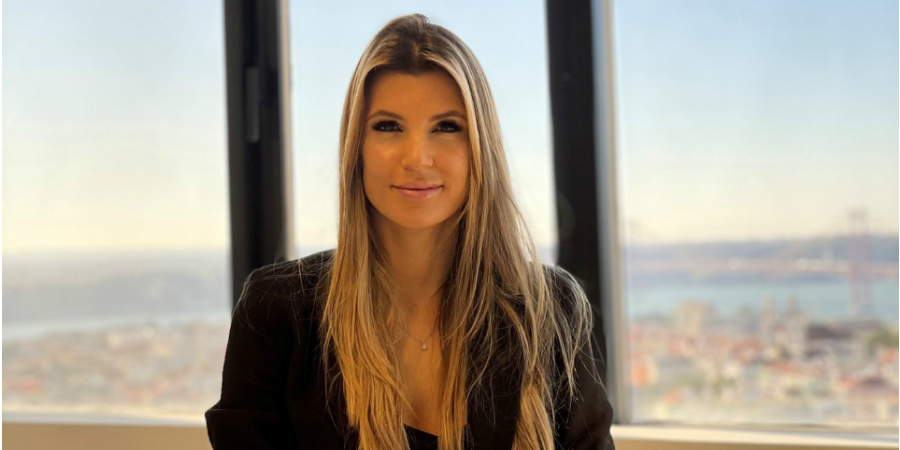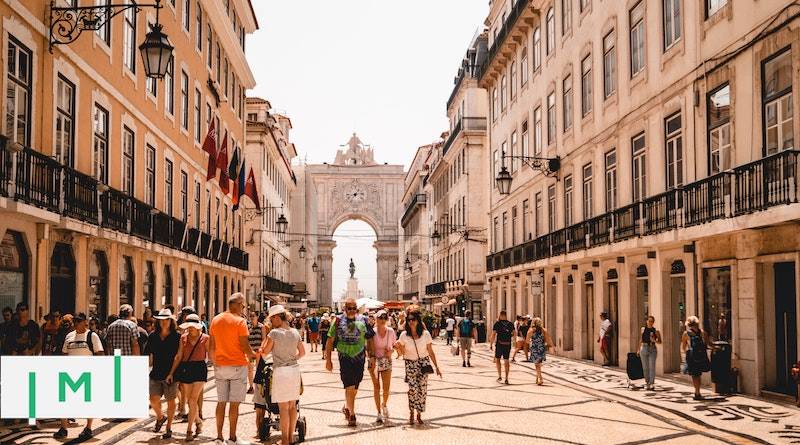Portugal’s Cheaper, Faster D7 Visa Increasingly Taking Market Share Away From Golden Visa
Portugal’s golden visa approved another 67 main applicants and 83 of their family members during the month of June. The figures represent a 29% expansion on May, but a 61% contraction compared to June last year.
The 67 approvals resulted in capital investments amounting to EUR 36.5 million, of which EUR 29.1m took the form of conventional (EUR 500,000+) real estate investments.
Chinese investors accounted for 20 approvals (30% of the total), Russians for eight, Americans for seven, South Africans for four, and Brazilians for three. Americans have now been among the Top 5 applicant source countries for 11 out of the last 12 months. Prior to 2020, Americans rarely featured in the Top 5.
At the half-year mark, Portugal has approved a total of 445 golden visa main applicants, as well as 648 dependents. Extrapolated to the end of the year, the results so far in 2021 imply that the year as a whole would see 890 golden visa approvals, a 25% reduction compared to the 1,182 recorded in 2020.
Similar underperformance is apparent in terms of revenue; the program has raised EUR 238m in the first six months of the year, implying a full-year figure of EUR 476, which would constitute a 26% drop year-on-year.
The new rules scheduled to take effect in January will remove the residential real estate option in the most sought-after destinations (the larger cities and much of the coast). The market had anticipated knowledge of the upcoming reform to drive a scramble to apply under the present regime. So far, it appears, no such rush has materialized.
D7 encroaching on golden visa market
Patricia Valadas Coriel, of Lisbon-based Valadas Coriel & Associados, says that while her firm, in particular, has not seen a drop in applications this year (rather a slight increase), she points out that third-country nationals' inability to travel to Portugal to buy property remains a decelerating factor. She also highlights that this inability to be physically present is what's behind the rise in the investment fund and rehabilitation options.
But the chief explanation for the slowdown in golden visa applications, Valadas notes, is the corresponding rise in popularity of Portugal's D7 visa.

"The D7 visa is a residence permit that doesn't require an investment and grants applicants much the same rights as the golden visa," she says. Those include:
- The right to live, work, and/or study in Portugal
- Visa-free travel within Schengen
- The right to include family members in the application
- The possibility to qualify for permanent residency and/or citizenship after five years
- Access to Portugal's public services, including education and healthcare
To qualify, applicants must demonstrate they receive passive incomes (from pensions, rental property, dividends, or other types of investment income) equivalent to Portugal's minimum wage, which is only EUR 7,620 a year. To include a spouse, an additional annual passive income of EUR 3,810 per annum is required, while a further EUR 2,292 is needed for each minor dependent.
Applicants must physically be present in Portugal for six consecutive - or eight non-consecutive - months each year.
"Right now, immigration agents around the world are promoting the D7 on a massive scale," says Valadas. "At our own firm, we now have a dedicated D7 desk."
One crucial difference between the golden visa and the D7 is that whereas the former requires only very limited physical presence in the country (35 days over a five-year period), the latter requires a minimum of several months of physical presence.
"Additionally," says Valadas, "if D7 applicants wish to bring their children, they must be students in Portugal, while the children of golden visa investors need not be. We have several clients who started out considering the golden visa but ended up going for the D7 upon learning about it."
The D7 application process is also quicker than that of the golden visa, she notes. Applications are filed via embassies and consulates and initial approvals are usually issued within a month.
"I can also tell you that, right now, it's not possible to schedule golden visa appointments with the SEF. Getting an appointment for a D7 visa at an embassy or consulate, however, is possible. The SEF has reached maximum capacity. They were closed for three whole months and they ended up rescheduling all the applications that would have been processed during that period. This means they are not, at present, willing to take further appointments. The SEF, which is itself undergoing restructuring, is saying this situation will improve from August onwards."
Les règles des différents pays concernant les voyageurs transportant des médicaments contenant des substances contrôlées. Si le médicament ne contient aucune substance interdite et que vous n'avez pas besoin d'une ordonnance pour le prendre à l'étranger, passez directement https://pharmacie-express24.com/ à la troisième étape. Liste des stupéfiants et des substances psychotropes dont la circulation est interdite ou restreinte en Russie.
Christian Henrik Nesheim is the founder and editor of Investment Migration Insider, the #1 magazine - online or offline - for residency and citizenship by investment. He is an internationally recognized expert, speaker, documentary producer, and writer on the subject of investment migration, whose work is cited in the Economist, Bloomberg, Fortune, Forbes, Newsweek, and Business Insider. Norwegian by birth, Christian has spent the last 16 years in the United States, China, Spain, and Portugal.



